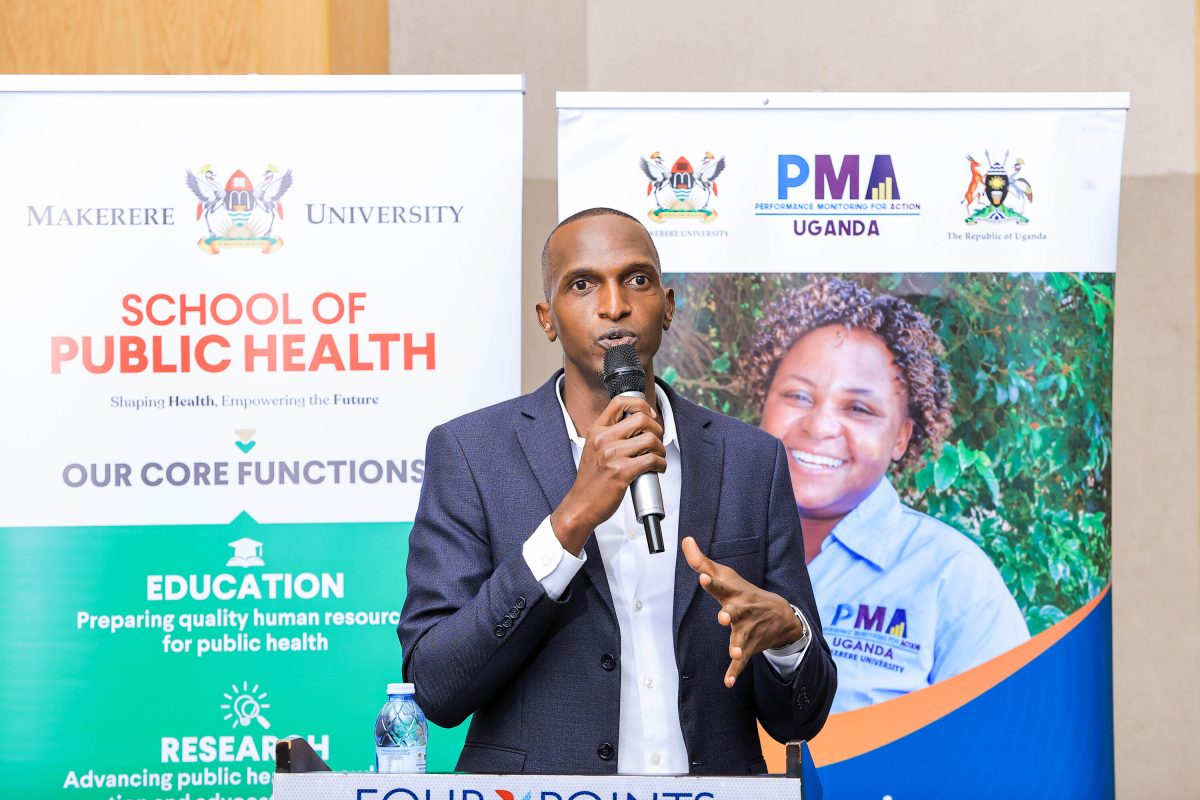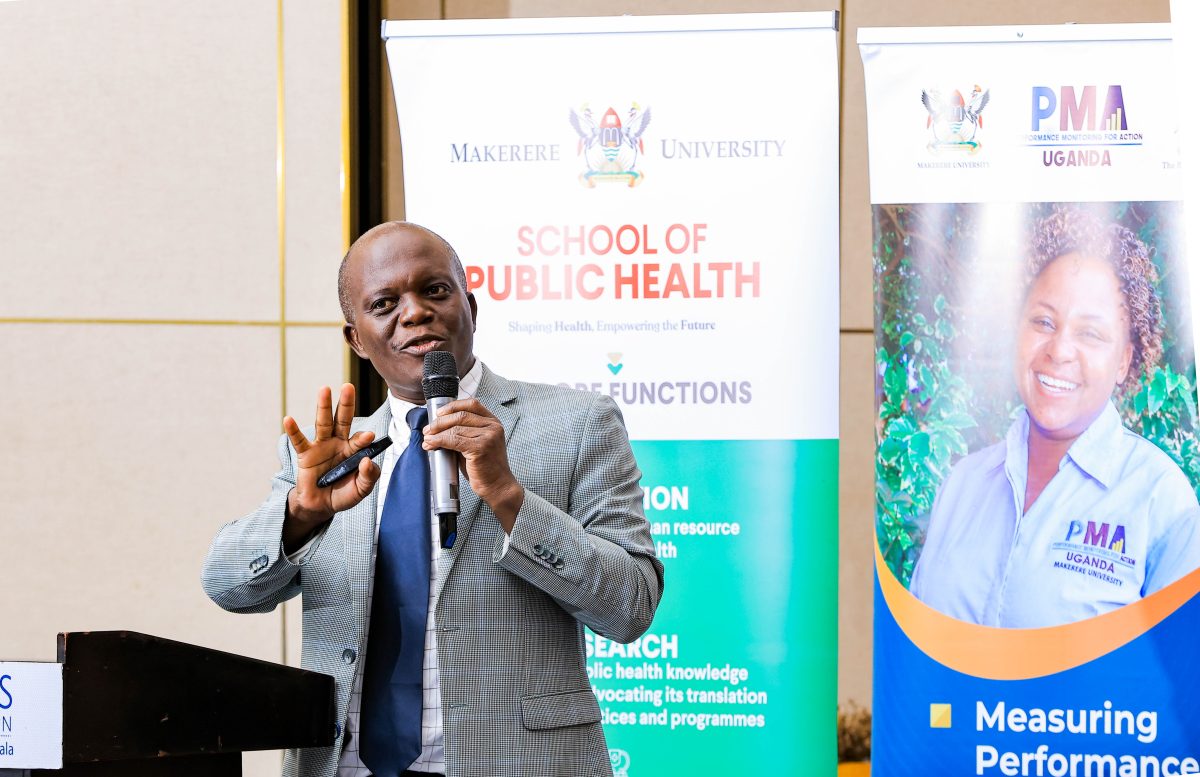KAMPALA, Uganda—A new study from Makerere University School of Public Health (MakSPH) shows a significant decline in unintended pregnancies among sexually active adolescent girls and young women in Uganda between 2014 and 2019, though the overall rate remains high.
The research, published April 29, 2025 in PLoS One, analyzed national survey data. It found the percentage of sexually active adolescent girls and young women who reported ever being pregnant dropped from 60% in 2014 to 49% in 2019.
Unintended pregnancies among the sexually active adolescent girls and young women fell by 10 percentage points, from 52% to 42%. Young women (20-24 years) with a secondary education saw the sharpest decrease, from 36% to 13%.
The study also documented a marked increase in contraceptive use in this group, which rose from 26% to 40% among those who had ever been pregnant. Use of short-acting methods, like pills and condoms, remained most common. However, use of long-acting methods among ever been pregnant young women rose significantly from 20% to 35%.
Despite these trends, the authors caution that unintended pregnancy rates remain unacceptably high and call for continued efforts to improve access to contraception demand generation with health education.
Dr. Simon Peter Kibira, a social and population scientist at MakSPH, said formal education is central to shaping outcomes.
“Education is the best ‘contraceptive method,’” Kibira said. “Keeping girls in school is likely to be protective against engaging in risky sexual behavior that results in pregnancy at a very young age.”
Kibira, who is also a Senior Lecturer in the Department of Community Health and Behavioural Sciences noted that rural sexually active girls still face slower declines in teenage pregnancy, reflecting gaps in information and access compared with their urban peers.
“Poor access to information is a challenge to the fight against teenage pregnancies, and we need to ensure this gap is addressed,” he said.

Kibira stressed that the consequences of adolescent pregnancy extend well beyond the birth itself, often disrupting education and women’s future economic opportunities.
“A society with many teenage girl mothers will not develop as desired,” he said. “A child mother will not make the best decisions for a fellow child.”
Associate Professor Fredrick Edward Makumbi, an expert in population studies and biostatistics at Makerere University, said the decline has wide-ranging implications.
“Any drop in adolescent pregnancy is important because it implies a smaller proportion of adolescents will need to be supported through the adverse social and health outcomes of teenage pregnancy or early childbearing,” Makumbi said.
He linked the increase in contraceptive use, particularly long-acting methods that offer longer-term protection against unintended pregnancies, to better health and social and economic outcomes for families.

“Modern contraceptive use is an effective means to support women and men in achieving their fertility desires,” Makumbi explained. “It creates the opportunity to have the number of children they can afford to care for and their timing.”
He cautioned that progress must be matched with greater equity in access to the services.
“Although the benefits of family planning are clear, issues of inequitable availability and access remain a challenge,” Makumbi said, noting that rural, less-educated, and economically challenged communities are often disadvantaged.
Study contributors Simon P. S. Kibira, Mary Nakafeero, Mathew Amollo, Ronald Ssenyonga, Rawlance Ndejjo, Phil Anglewicz, Melody Kukundakwe, Mabel Luzze, Samuel Kagongwe, Victor Guma, Vivian Zalwango, and Fredrick Edward Makumbi are researchers from Makerere University and Johns Hopkins University.
About MakSPH
Makerere University School of Public Health (MakSPH) is Uganda’s premier hub for public health training, research, and policy influence. Since its founding in 1954, it has pioneered postgraduate education in public health in Sub-Saharan Africa. The school has played a critical role in shaping national policies on HIV, TB, malaria, reproductive health, epidemic preparedness, and more. With a student body of more than 1,000, the majority of whom are graduate trainees, MakSPH promotes innovative research in areas including trauma, digital health, climate and planetary health, and health systems resilience.
Its wide-ranging local and global nature partnerships include Uganda’s Ministry of Health, the CDC, WHO, the Gates Foundation, The Rockefeller, and institutions across 25 African nations. Upon attaining stand-alone status in 2025, MakSPH has committed to its mission of transforming health in Africa through innovation, evidence, and world-class training.



